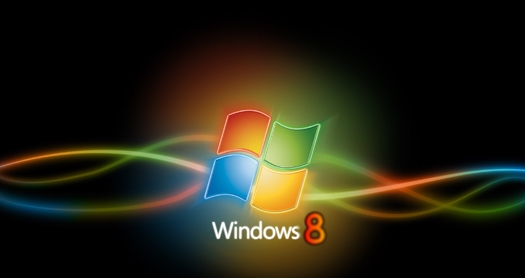Learning curve, satisfaction with Windows 7 cited by experts
Widespread Windows 8 adoption by businesses is years away, primarily because it is so different from Windows 7 that the learning curve for end users will be a nightmare, experts say.
Gartner says in a report coming out later this week that 90% of enterprises will bypass wholesale deployment of Windows 8 at least through 2014.
A desktop consultant to businesses says he doesn’t expect to recommend Windows 8 to customers for a year or two. “There’s nothing for the task worker that Windows 8 is going to improve on,” says Pete Lee, Engagement Manger of SWC Technologies, a software development and desktop consulting firm in Oak Brook, Ill., which is a Microsoft Gold Partner.

The difficulties stem from the many small ways Windows 7 differs from Windows 8, says Georges Khairallah, a network specialist at the Chino Valley Unified School District in Chino Valley, Calif., who has been using Windows 8 for weeks to administer his network. While the differences didn’t affect him adversely, he thinks they would have a crippling effect on end users.
“It’s going to be traumatic, I think,” he says, “especially if the organization doesn’t have an excellent training program for users.”
That doesn’t mean the new operating system won’t have immediate niche applications that make it worth deploying to certain segments of employees, particularly among mobile workers and in cases where navigating by touchscreen is important, Lee says.
He thinks there are good reasons for certain types of jobs to be supported by Windows 8, and he can see Windows 8 being deployed more widely in businesses with large sales and marketing staffs that are mobile.
The operating system could prove valuable to remote and traveling workers who in addition to doing work on portable Windows 8 machines would use them for personal business and entertainment as well. The Windows 8 machine could serve the purpose of a business laptop as well as a notebook for work and a personal tablet used for messaging, music, games that would otherwise call for a separate device, he says.
He could see a business deploying Windows 8 for such workers while keeping Windows 7 on traditional desktops to avoid training as well as the costs of deploying new operating systems and the hardware upgrades that it might require.
Lee says he plans to suggest Windows 8 in work environments where many workers share the same machine, such as in laboratories where many technicians need to access data or libraries where patrons search for books. The touchscreen would be convenient for such tasks and wouldn’t eat up space that would be needed for keyboards and mice, making for a less cluttered work area, he says The touchscreen aspects of the operating system are not well suited to corporate desktops, he says. Deploying Windows 8 with full functionality would require touchscreen monitors but wouldn’t improve productivity of workers who use traditional desktops, and the monitors alone represent a heavy investment, he says.
Deploying Windows 8 without touchscreen and having users work in traditional desktop mode would be an unwarranted expense that would gain minimal new functionality, he says.
Compounding the problem is that many enterprises are still deploying Windows 7 as an upgrade from Windows XP, which Microsoft stops supporting next spring. Khairallah says his organization is in the midst of that and it hasn’t been easy. “Going from XP to Windows 7 was horrible,” he says.
He says it makes more sense to wait for Windows 8 to be sold with home computers and let workers get used to it. “Let them have the learning curve on their own time and after that start deploying it slowly,” he says. “I really don’t see it going mainstream right away,” he says.

Best Microsoft MCTS Certification,
Microsoft MCITP Training at certkingdom.com
